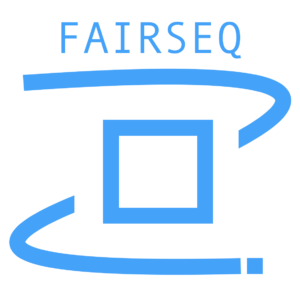RoBERTa
Model Description
Bidirectional Encoder Representations from Transformers, or BERT, is a revolutionary self-supervised pretraining technique that learns to predict intentionally hidden (masked) sections of text. Crucially, the representations learned by BERT have been shown to generalize well to downstream tasks, and when BERT was first released in 2018 it achieved state-of-the-art results on many NLP benchmark datasets.
RoBERTa builds on BERT’s language masking strategy and modifies key hyperparameters in BERT, including removing BERT’s next-sentence pretraining objective, and training with much larger mini-batches and learning rates. RoBERTa was also trained on an order of magnitude more data than BERT, for a longer amount of time. This allows RoBERTa representations to generalize even better to downstream tasks compared to BERT.
Requirements
We require a few additional Python dependencies for preprocessing:
pip install regex requests hydra-core omegaconf
Example
Load RoBERTa
import torch
roberta = torch.hub.load('pytorch/fairseq', 'roberta.large')
roberta.eval() # disable dropout (or leave in train mode to finetune)
Apply Byte-Pair Encoding (BPE) to input text
tokens = roberta.encode('Hello world!')
assert tokens.tolist() == [0, 31414, 232, 328, 2]
assert roberta.decode(tokens) == 'Hello world!'
Extract features from RoBERTa
# Extract the last layer's features
last_layer_features = roberta.extract_features(tokens)
assert last_layer_features.size() == torch.Size([1, 5, 1024])
# Extract all layer's features (layer 0 is the embedding layer)
all_layers = roberta.extract_features(tokens, return_all_hiddens=True)
assert len(all_layers) == 25
assert torch.all(all_layers[-1] == last_layer_features)
Use RoBERTa for sentence-pair classification tasks
# Download RoBERTa already finetuned for MNLI
roberta = torch.hub.load('pytorch/fairseq', 'roberta.large.mnli')
roberta.eval() # disable dropout for evaluation
with torch.no_grad():
# Encode a pair of sentences and make a prediction
tokens = roberta.encode('Roberta is a heavily optimized version of BERT.', 'Roberta is not very optimized.')
prediction = roberta.predict('mnli', tokens).argmax().item()
assert prediction == 0 # contradiction
# Encode another pair of sentences
tokens = roberta.encode('Roberta is a heavily optimized version of BERT.', 'Roberta is based on BERT.')
prediction = roberta.predict('mnli', tokens).argmax().item()
assert prediction == 2 # entailment
Register a new (randomly initialized) classification head
roberta.register_classification_head('new_task', num_classes=3)
logprobs = roberta.predict('new_task', tokens) # tensor([[-1.1050, -1.0672, -1.1245]], grad_fn=<LogSoftmaxBackward>)
References
